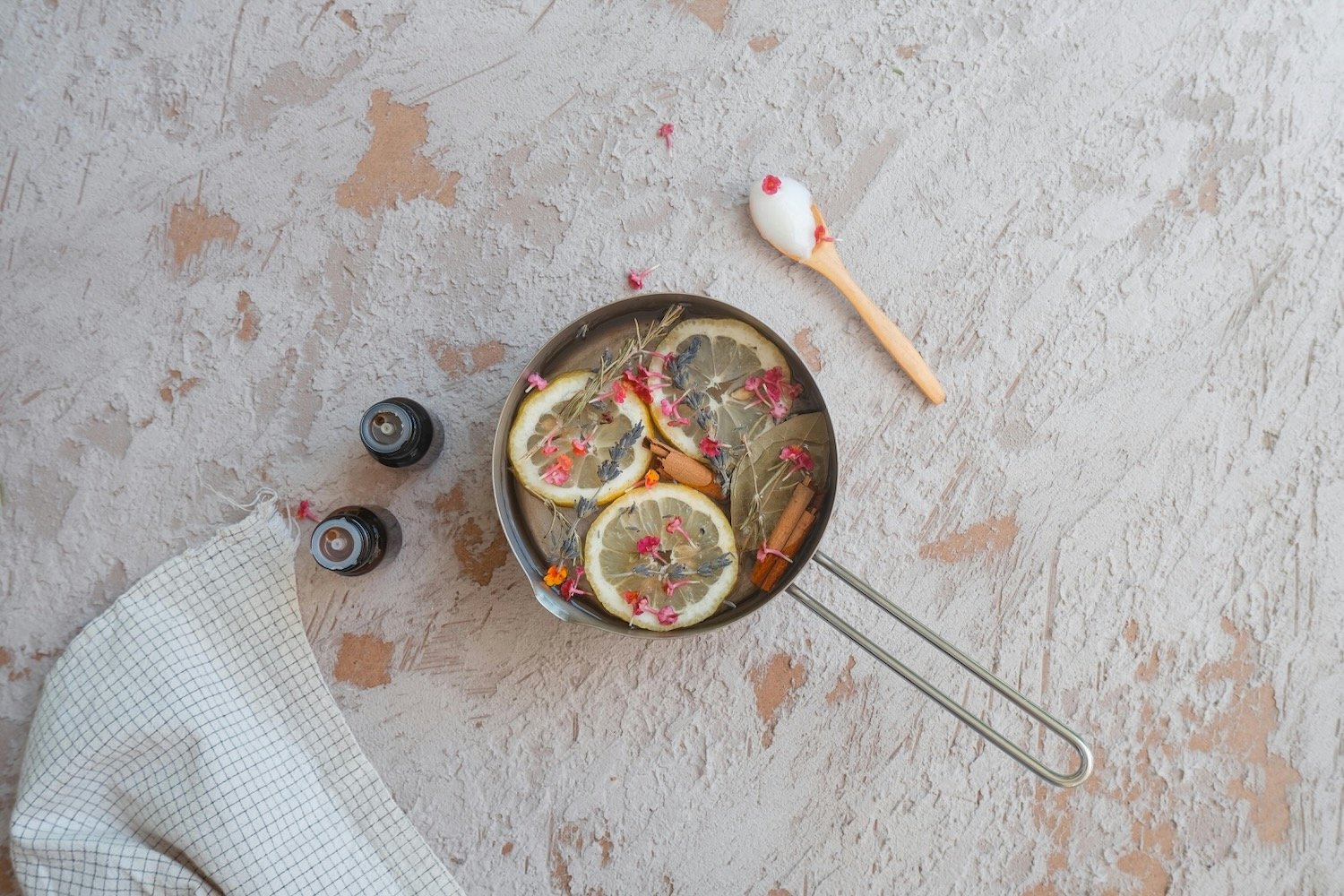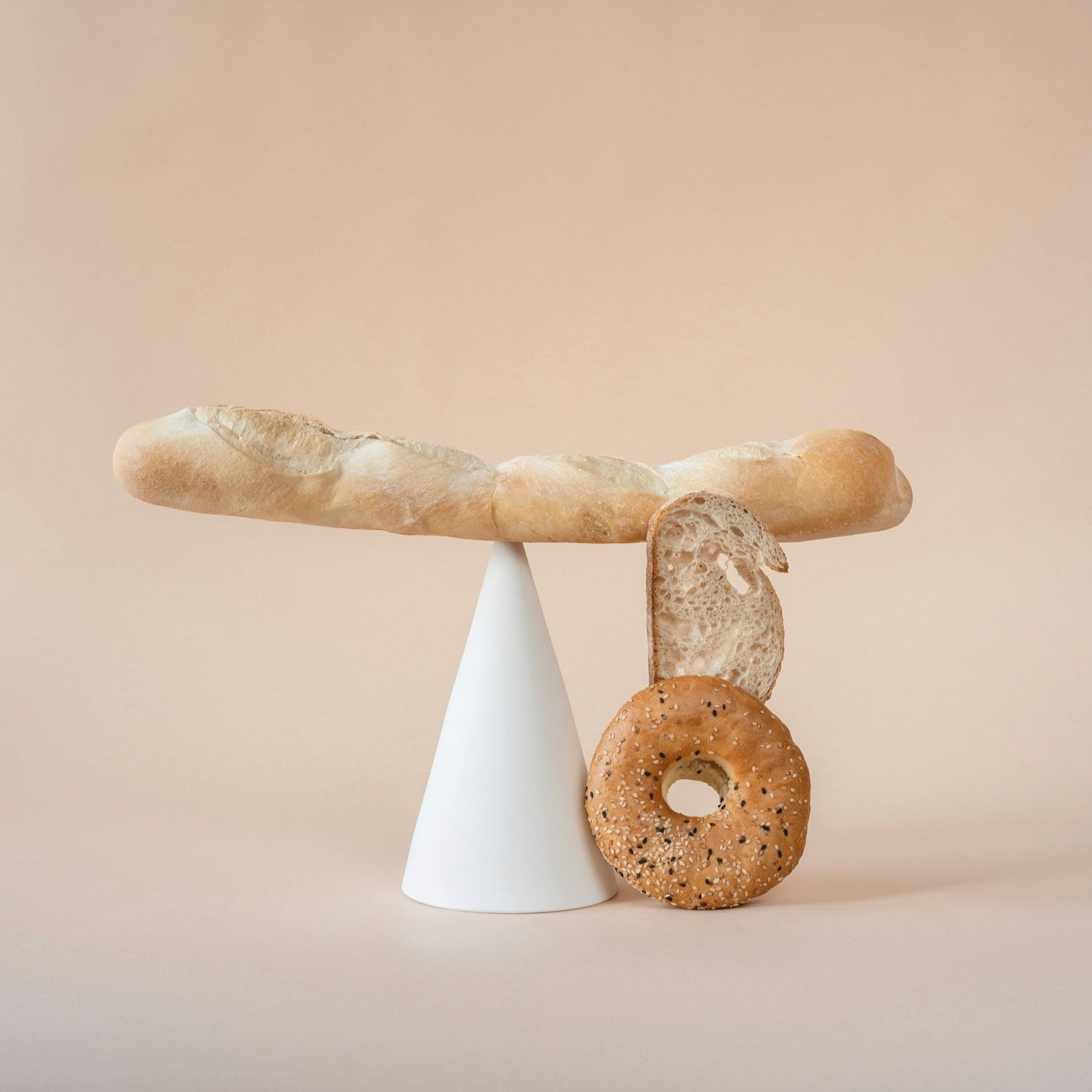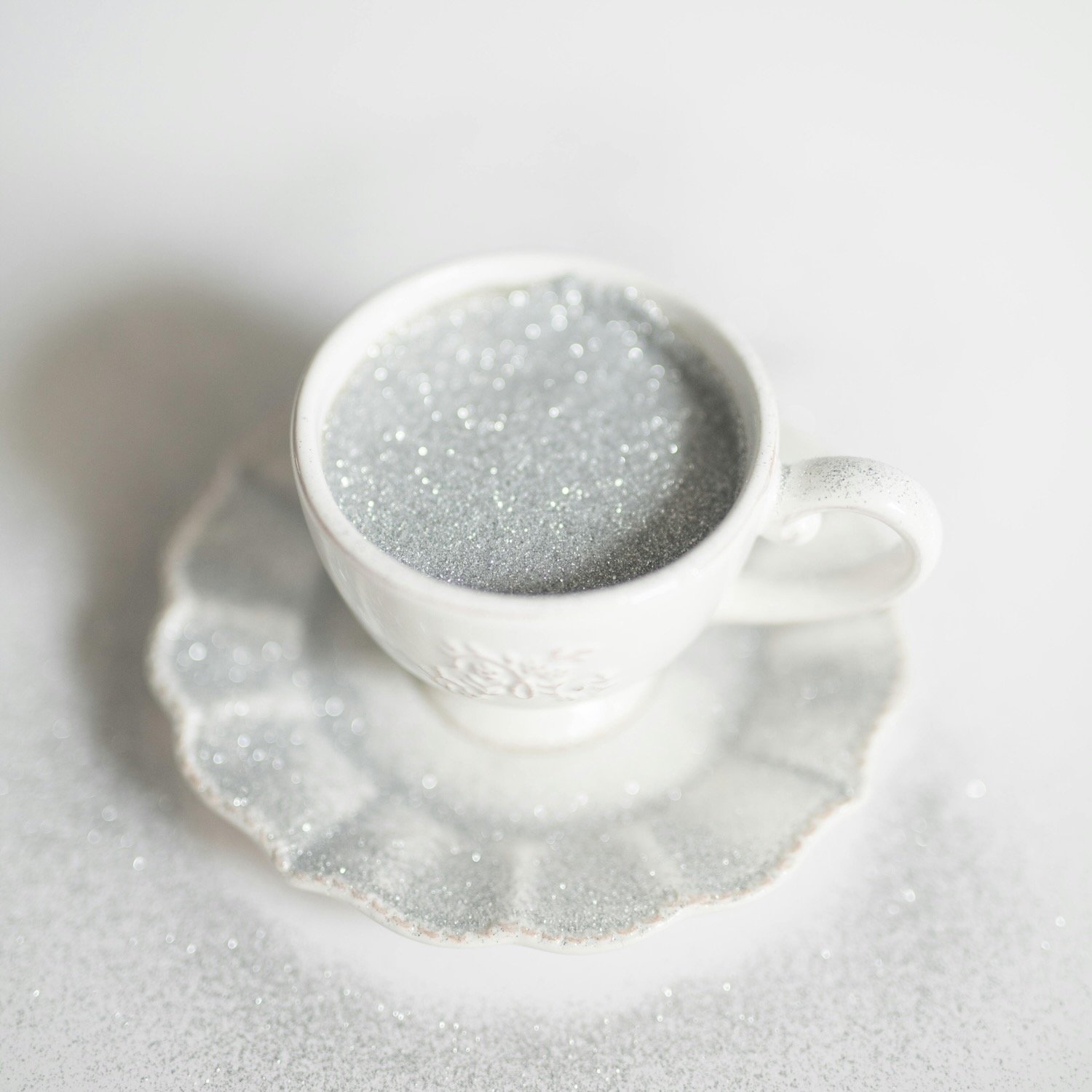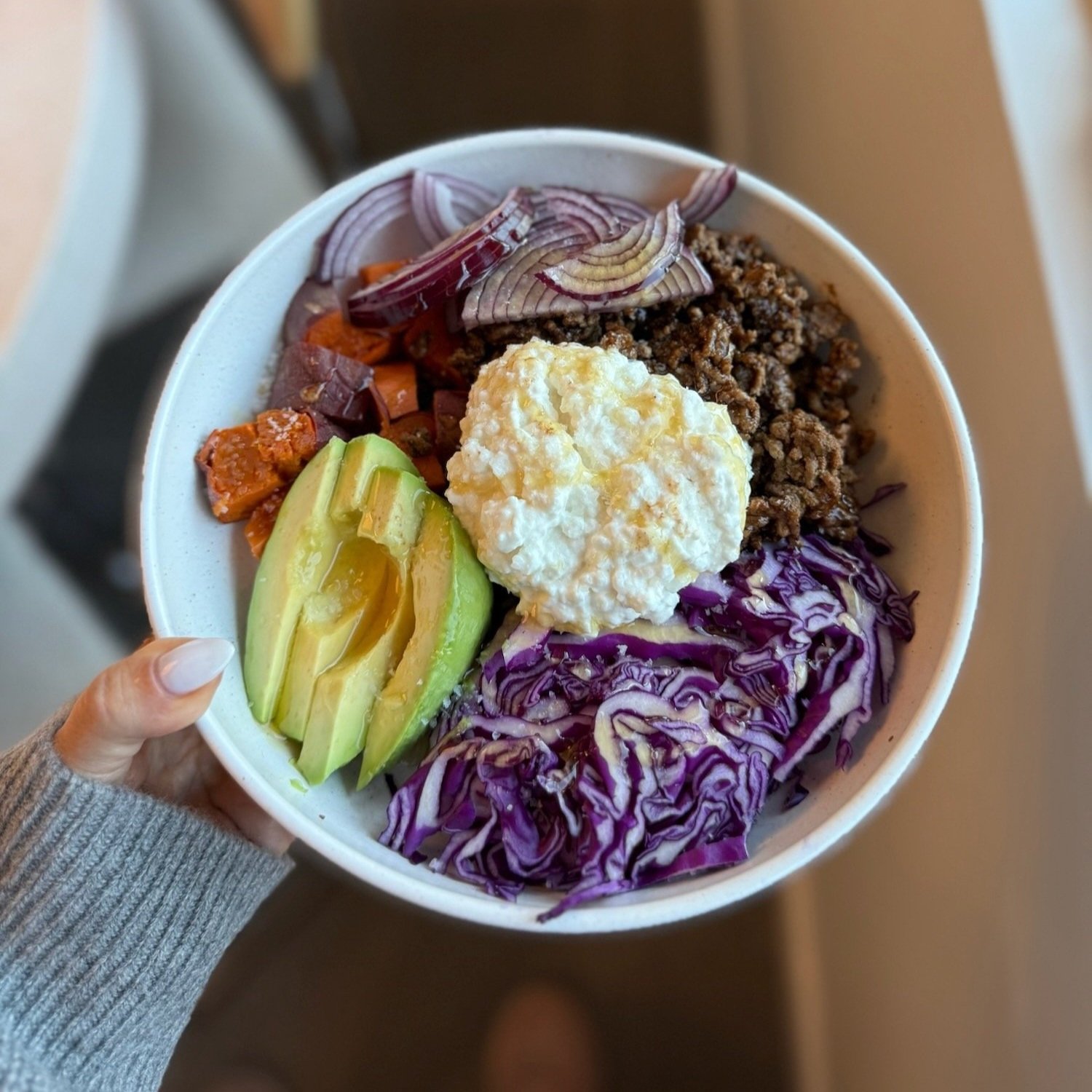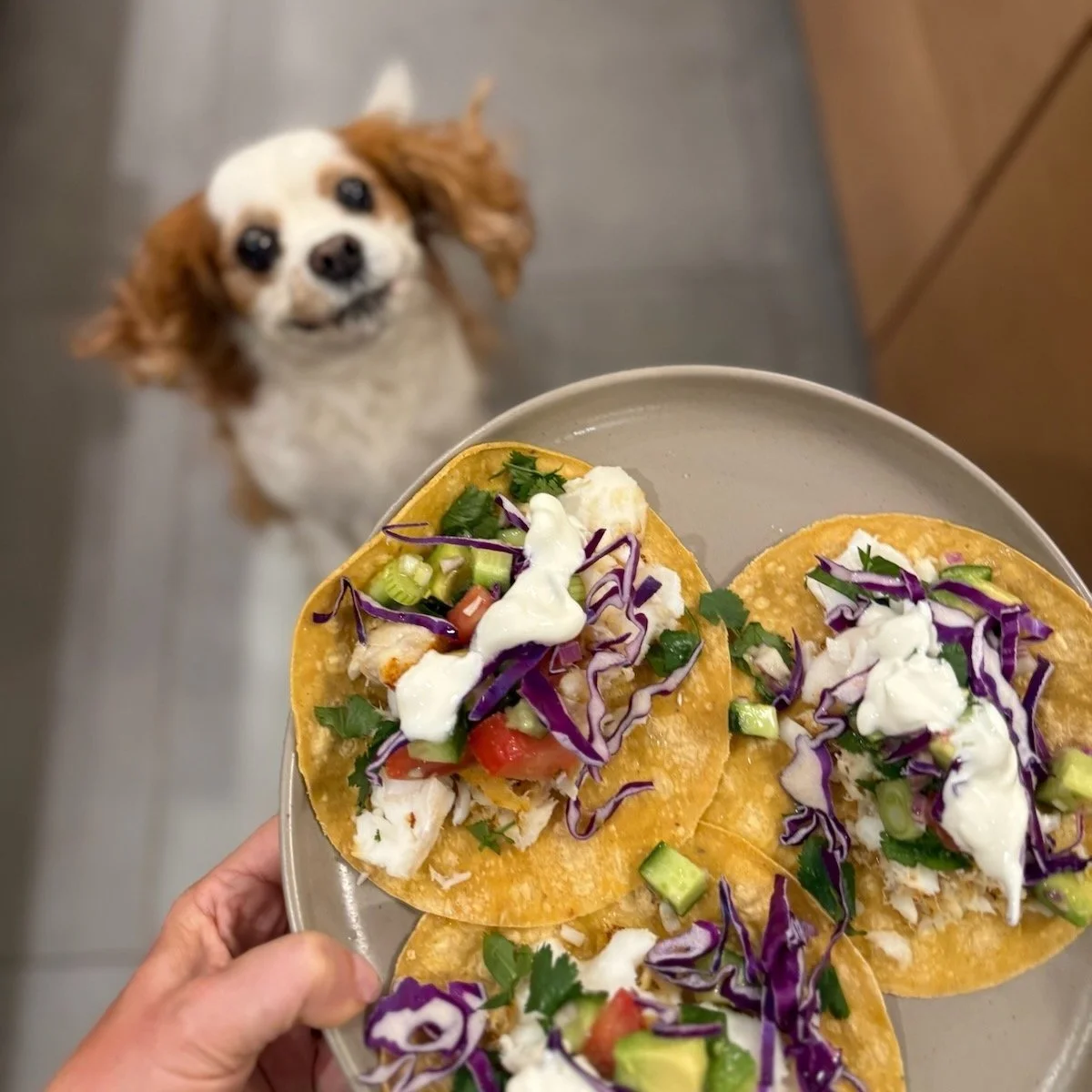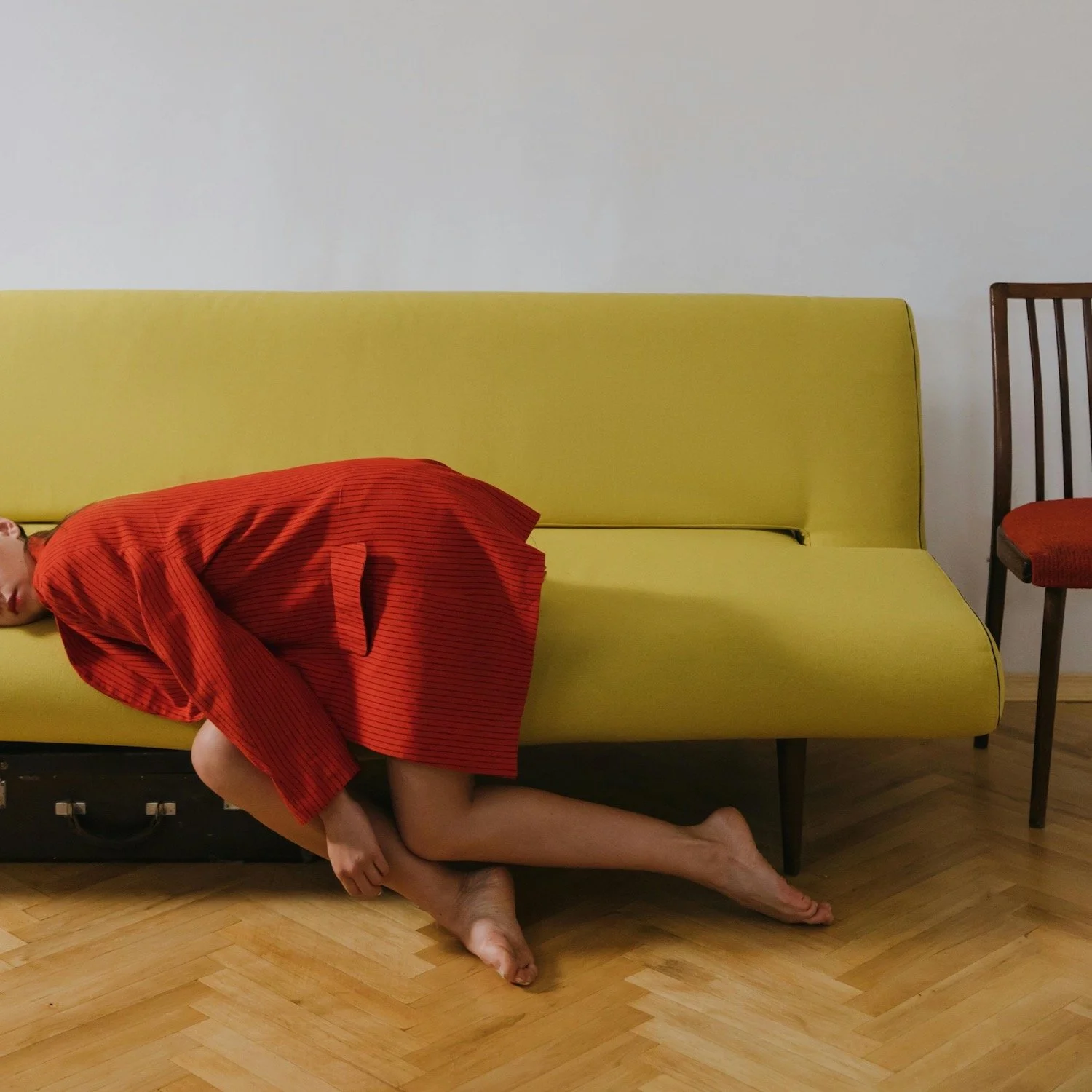Here Are 22 Natural Remedies For Your (Our?) Crippling Anxiety
Nothing too woo-woo.
by The Candidly Team
We don’t really treat anxiety like a solvable issue.
You know, like a sprained ankle. Or a headache. Conditions where we’d do something CRAZY, like rest. Or reach for ice. Or try any of like 7 LOW-key remedies to feel better and be able to function.
Instead, we treat anxiety like a normal state of being.
“Just let it be there,” the mindfulness experts say. “Watch the train of thoughts pass, but don’t get on the train.”
Do we take this advice? Never.
But why don’t we? In an age where we do not shut up about the term “self-care,” why do we never actually prioritize our own basic sense of peace?
We get that there’s an overwhelming feeling to adding any other thing to our to-do list, even if it’s for our own HEALTH. So we decided to take a look at some of the less overwhelming, “natural” ways to treat anxiety. And we know “natural” is a vastly unregulated term in the world of health/ food/ beauty, etc., so maybe a better word is unscary? Or tryable.
And, of course, NONE of this is a substitute for seeking medical treatment or therapy for anxiety, which is absolutely critical if you find yourself suffering. Nevertheless, it does not hurt to learn tools to have on hand and that we can try ourselves.
Here are the things that might be worth that tiny bit of effort to relieve ourselves of our unwelcome anxiety.
1. The Lifestyle Stuff
We’ll start with the obvious - exercise. Aerobic exercise, especially, can be huge in relieving symptoms of anxiety. And the talk is all true about breathing exercises and mindfulness meditation also being incredibly powerful tricks for calming our worry-riddled mind. But, because we all sort of already know this and tend to feel overwhelmed by actually doing it, we focused here on smaller steps, and more bite-off-able ways to incorporate these elements into our anti-anxiety routine.
Take a 10-minute brisk walk: We recently wrote about the near-magical effects of brisk walking on our mind and body. And there are studies linking just 10 minutes of it to improved mood.
Do these 3 super easy mindfulness exercises. Some studies have shown mindfulness meditation to be as effective as drugs in relieving anxiety. Even just 5 minutes of mindfulness meditation can make a huge difference. There are also two very quick and immediate grounding practices we really like because they are really doable.
Follow this very simple, step-by-step guide to build up to 5 minutes of meditation.
3-3-3 Rule - In a moment you find yourself feeling anxious, name 3 things you can see, 3 sounds you can hear, then move your body in 3 ways or physically touch 3 things. This helps anchor you in the present when your mind wants to “board” the anxiety train.
5-4-3-2-1 Exercise - Take some long, slow, deep breaths, then start by naming 5 things you can see around you. Next, name 4 things you can touch, the pillow supporting your back, your feet on the floor, etc. Name 3 things you can hear: whirl of the AC, cars on the street. Name 2 things you can smell. And finally, one thing you can taste. A couple more breaths, and you’re done.
Try this 5-minute breathing exercise: Like mindful meditation, this activity has been shown to reduce anxiety. And a new study from Stanford University researchers found it to be even MORE effective at improving mood and reducing respiratory rate. It’s called cyclic sighing, and here’s how you do it: Sit or lie down, set a timer for 5 minutes, inhale slowly, preferably through your nose. Once your lungs are expanded, inhale once more to maximally fill your lungs, slowly and fully exhale all your breath, preferably through your mouth, Repeat until your timer goes off. Here’s a little video demonstration to show how simple it is:
Incorporate HIIT workouts and cardio: Aerobic exercise, in general, is really great for anxiety, but according to one study, HIIT workouts (where you switch between high interval training exercises over several rounds) can significantly reduce stress, anxiety, and depression and increase your resilience.
Finally, give in and start yoga: Sorry, it just works. According to this study after just one month, participants showed impressive decreases in anxiety and depression scores.
Splash cold water on your face. We’ve all heard of the cold plunge. But even just some cold water on your face can do the trick, because it activates your parasympathetic nervous system, which “regulates and slows down your heart rate and breathing and leads to an overall feeling of calm for many people,” according to neuropsychologist Judy Ho, PhD in an interview with Well + Good.
Get a visual dose of nature. Get into green space whenever you can. Take a walk. Have lunch on a park bench. Bathe in the shade of a tree. It’s all a way to fight anxiety. Having daily experiences of “awe” can reduce our acute or chronic stress levels, and observing nature is a tangible way to evoke it. Even just looking at photos of nature can reduce stress levels.
2. The Diet Stuff
We’re not claiming diet alone can cure anxiety, but there’s certainly evidence that foods can help or hurt. More and more research is suggesting a connection between our gut and our brain, with some studies showing anxiety might even be alleviated by regulating gut bacteria. Here are some tips that are absolutely worth trying and, quite frankly, are good for us anyway.
Try protein in the morning. According to The Cleveland Clinic, eating enough protein “has been linked to higher levels of dopamine and norepinephrine, which are brain chemicals that play a role in your mood, motivation and concentration.” Protein can help you feel satiated for longer. It can also help stabilize your blood sugar and keep your energy from dipping, all of which can affect your mental state throughout the day.
Drink plenty of water. Dehydration can cause the body to release more of the stress hormone cortisol. Unsurprisingly, people who don’t drink enough water have shown more symptoms of both anxiety and depression. And we know this is something we can all so easily fall short on, so here are a few hacks for actually doing it.
Eat less of these 7 foods: Processed foods and high processed meats, added and refined sugars, refined carbohydrates, caffeine, alcohol, fried foods, and artificial sweeteners could all worsen your anxiety.
Get your omega 3s: They’ve been found to reduce anxiety. And here are some foods that have a lot of them: chia seeds, salmon, flaxseed, shellfish, walnuts, soybeans, sardines, anchovies.
Eat probiotic and prebiotic rich foods: A recent review found that “in individuals with depression and anxiety, the composition or alteration of their gut microbiota can significantly affect their psychological symptoms” and that “treatment with probiotics or prebiotics improved the symptoms of these mental health conditions.” Things like kefir, yogurt, and other fermented foods can be excellent additions for this reason.
Try green and chamomile tea: More research is needed but chamomile has been thought to aid with sleep and calm the nerves. Green tea has also been reported to have a soothing effect and has the amino acid L-theanine, which has been shown to have beneficial effects on anxiety, stress and cortisol levels. Both are worth a try if you don’t have any interacting allergies.
Drink less alcohol and caffeine: We said it before, but both of these deserve to be called out in bold for their potential to exacerbate anxiety.
Eat foods rich in zinc, magnesium, and vitamin B: We’ll get to the supplements later but the best way to get our nutrients is from whole foods, and each of these have been shown to be helpful with anxiety. And to create a little shortcut for you, here are some foods that are rich in each of these, courtesy of Harvard Health:
Zinc: oysters, cashews, liver, beef, and egg yolks
Magnesium: leafy greens, legumes, nuts, seeds, and whole grains
Vitamin B: salmon, avocado, almonds, eggs, spinach
3. The Supplement Stuff
Here are two phrases, you’ll hear a lot of when it comes to using supplements to treat anxiety (be them herbs, vitamins, or minerals): "more research is needed” and “talk to your doctor.” And these are both very true in the case of anxiety. Especially as dietary supplements aren’t approved by the FDA before they go to market, and research can be pretty small or squishy.
None of these are a substitute for getting medical or psychological treatment. But there are certain remedies that have shown some promise worth exploring, especially if you find yourself among the population who feels better from them. That said, and not to sound like a broken record, but TALK TO YOUR DOCTOR before you start taking any of them.
Magnesium: This nutrient has been getting a lot of buzz lately, which inspired us to take a deep dive into it HERE. But basically, some research has suggested a cycle in which stress could contribute to loss of magnesium and that low magnesium could also increase our susceptibility to stress. More data is definitely needed but there’s some evidence that magnesium could help regulate our cortisol levels and help with “keeping our neurotransmitters from over-firing and making anxiety worse,” according to The Cleveland Clinic. There are different types of magnesium that work for different things, and Magnesium Citrate has been noted for its possible effect on anxiety, but you can consult with you doctor to make sure you’re getting what’s best for you.
Ashwagandha: Studies have shown that short-term use of ashwagandha, an evergreen shrub, has helped reduce anxiety and can assist with sleep. Should be said, the safety of long-term use (more than 3 months) isn’t known, and it should not be taken by pregnant women or people on certain medications, so talk to your doc.
Chamomile: Studies, though limited, have linked short-term use of chamomile to reducing symptoms of anxiety. Few disclaimers, via the Mayo Clinic: it may be unsafe for those on blood-thinning medicines and can cause allergic reactions in sensitive people. Also, you shouldn’t take it if you're pregnant or breastfeeding.
Vitamin C: Low vitamin C can make our mood plummet. And while we can and should get A LOT of it from diet: fruits and veg in particular, a supplement can be considered and might even help relieve some of our anxiousness.
Melatonin: Worked better than a placebo in some small studies on anxiety. Also, known to help some with sleep, which has a HUGE effect on our mental health.
L-theanine: We mentioned this ingredient in green tea, and there’s some evidence that supplements can “elevate your levels of GABA, dopamine and serotonin, which promotes relaxation and reduces anxiety levels,” according to The Cleveland Clinic.
Lemon Balm: A small pool of research shows it could be taken for a short time to lessen “worry and excitability,” as reports the Mayo Clinic. Again, not for pregnant or breastfeeding ladies.
Note About Hydroxyzine: Ok, this is a prescribed medication and not a supplement, but it is interesting to note that an antihistamine has been approved as a treatment to help to control anxiety as opposed to an SSRI or antidepressant.
This article is for informational purposes only. It is not intended to be used in place of professional advice, medical treatment, or professional care in any way. This article is not intended to be and should not be a substitute for professional care, advice or treatment. Please consult with your physician or healthcare provider before changing any health regimen. This article is not intended to diagnose, treat, or prevent disease of any kind. Read our Terms & Conditions and Privacy Policy.

